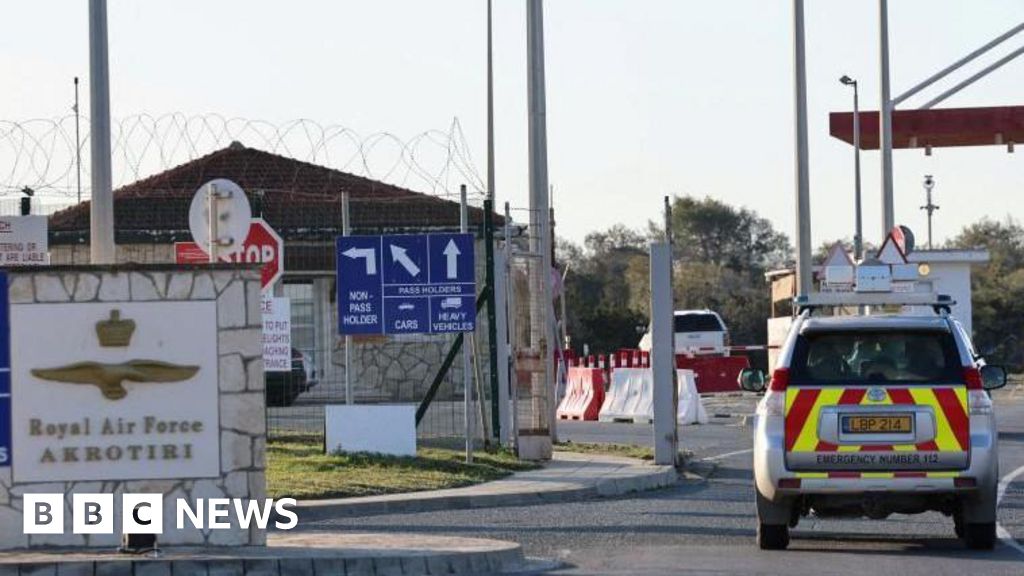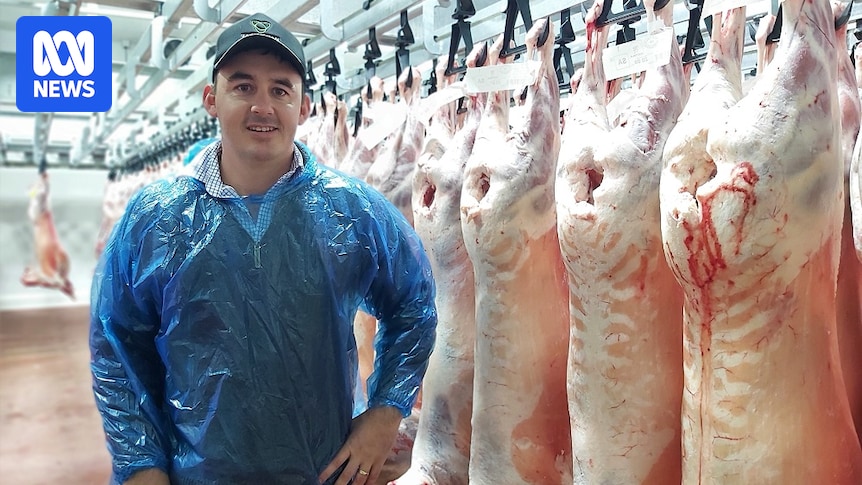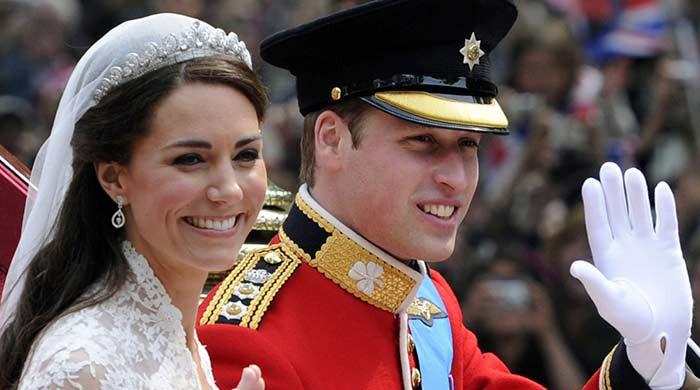
Details of a potential Darwin-based 20th AFL club have emerged, but in a surprising twist, Western Australian (WA) heavyweights now appear open to hosting a third club. This development comes as the AFL prepares to welcome the Tasmania Devils in 2028, despite recent uncertainties due to Tasmania’s state election and stadium construction delays.
The AFL’s expansion plans aim to balance the fixture by introducing a 20th club, thereby enabling a lucrative 10th game each weekend. While the Northern Territory is the emotional favorite to host this new team, challenges such as Darwin’s small population, limited corporate support, and the need for a new stadium could hinder progress without government backing.
Western Australia’s Growing Interest
The possibility of a third club in WA has gained traction, with Joondalup and Bunbury emerging as potential locations. The existing infrastructure, including the high-capacity Optus Stadium, makes WA a financially viable option. However, the WA Football Commission (WAFC) had previously shown reluctance to disrupt the current duopoly of West Coast and Fremantle.
In a recent shift, WAFC CEO Michael Roberts expressed a more open stance, stating, “It’s positive that a third WA team is being spoken about ahead of potential options interstate.” He emphasized the need for viability and community football funding, suggesting that discussions with the AFL and state government are forthcoming.
“We need to make sure the clubs here in WA aren’t like some of the clubs in Victoria who are putting their hands out or struggling for members,” Roberts noted.
Northern Territory’s Ambitious Plans
Meanwhile, the Northern Territory remains enthusiastic about hosting a team. AFLNT chair and co-chair of the team taskforce, Sean Bowden, revealed plans to enter the league by 2032, with aspirations to accelerate the timeline. The proposed team, named the Territory Lightning, would don the state colors of black, white, and ochre.
The team would initially play in Alice Springs during Darwin’s rainy season before shifting to a new stadium in the Top End. Former AFL CEO Andrew Demetriou, part of the NT taskforce, supports the initiative, highlighting the potential for a truly national league.
“Of all the things that worry me about a 20th licence, it won’t be the financial support that the NT 20th licence gets,” Demetriou stated. “Really an NT team with the right build and the right patience would be a very good stand-alone proposition.”
Financial Considerations and Strategic Implications
The financial dynamics of introducing a new team are significant. Hosting a team in WA could result in a $20 million annual saving compared to the Northern Territory, where the AFL would need to invest approximately $30 million per year. This economic consideration is a pivotal factor in the decision-making process.
Herald Sun reporter Jon Ralph highlighted the WA Government’s eagerness to attract events, citing their investment in high-profile concerts as evidence of their commitment to boosting local economy through sports and entertainment.
“The goodwill there (in those comments) is massive. We know the finances are there,” Ralph explained. “If you look at the AFL, if they do have a team, maybe in somewhere like Northern Territory, it’s a $30 million a year enterprise.”
Looking Ahead: The Path to Expansion
As the AFL navigates its expansion strategy, the decision between the Northern Territory and Western Australia will hinge on financial viability, community support, and strategic alignment with the league’s long-term goals. The discussions between the AFL, state governments, and local football commissions will be crucial in shaping the future landscape of Australian football.
Both regions present unique opportunities and challenges. The Northern Territory offers a chance to expand the league’s national footprint, while Western Australia provides a financially stable and infrastructure-ready option. The coming months will likely see intensified negotiations and strategic planning as the AFL moves closer to realizing its vision of a 20-team competition.







